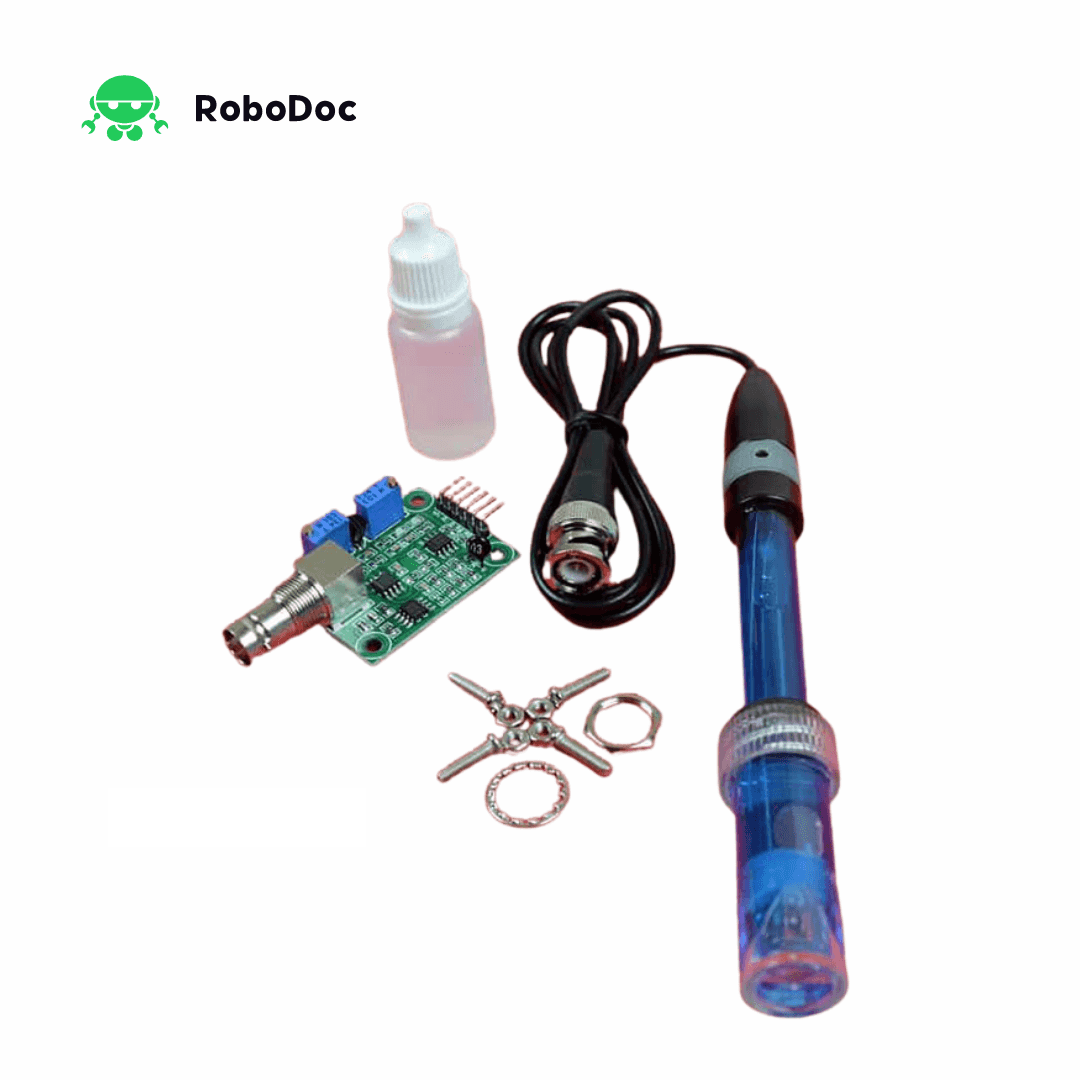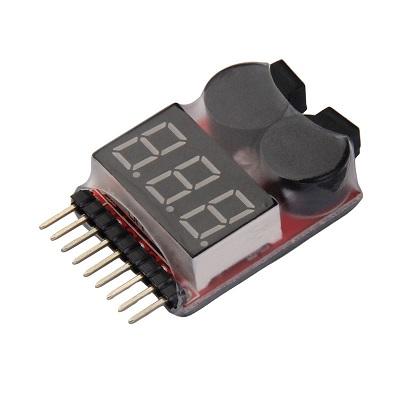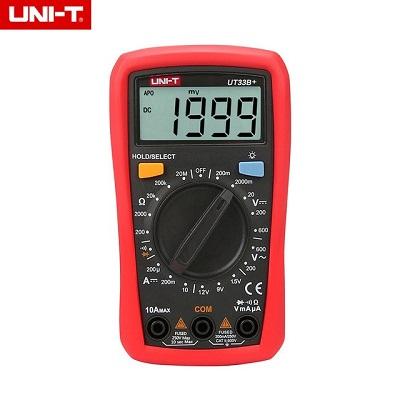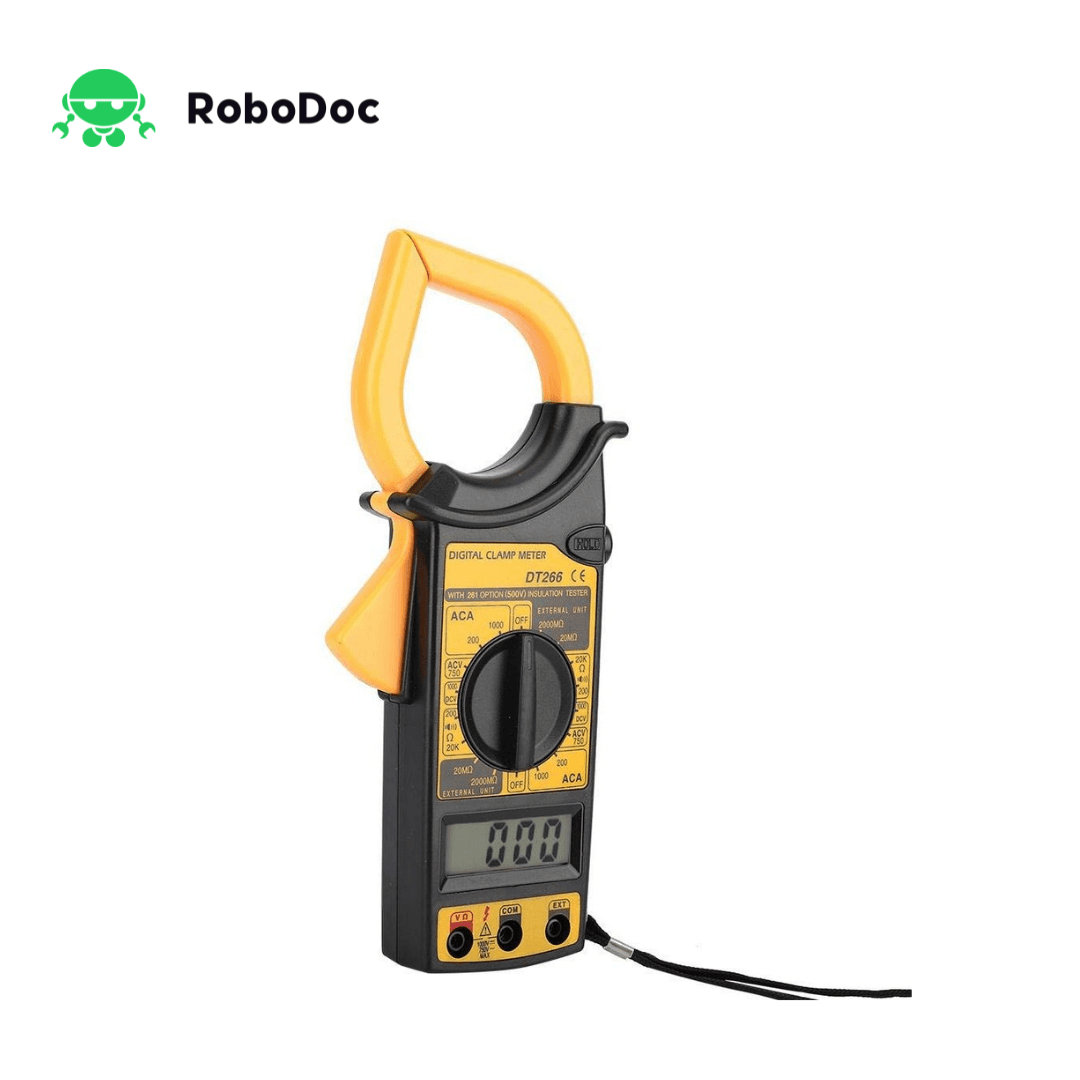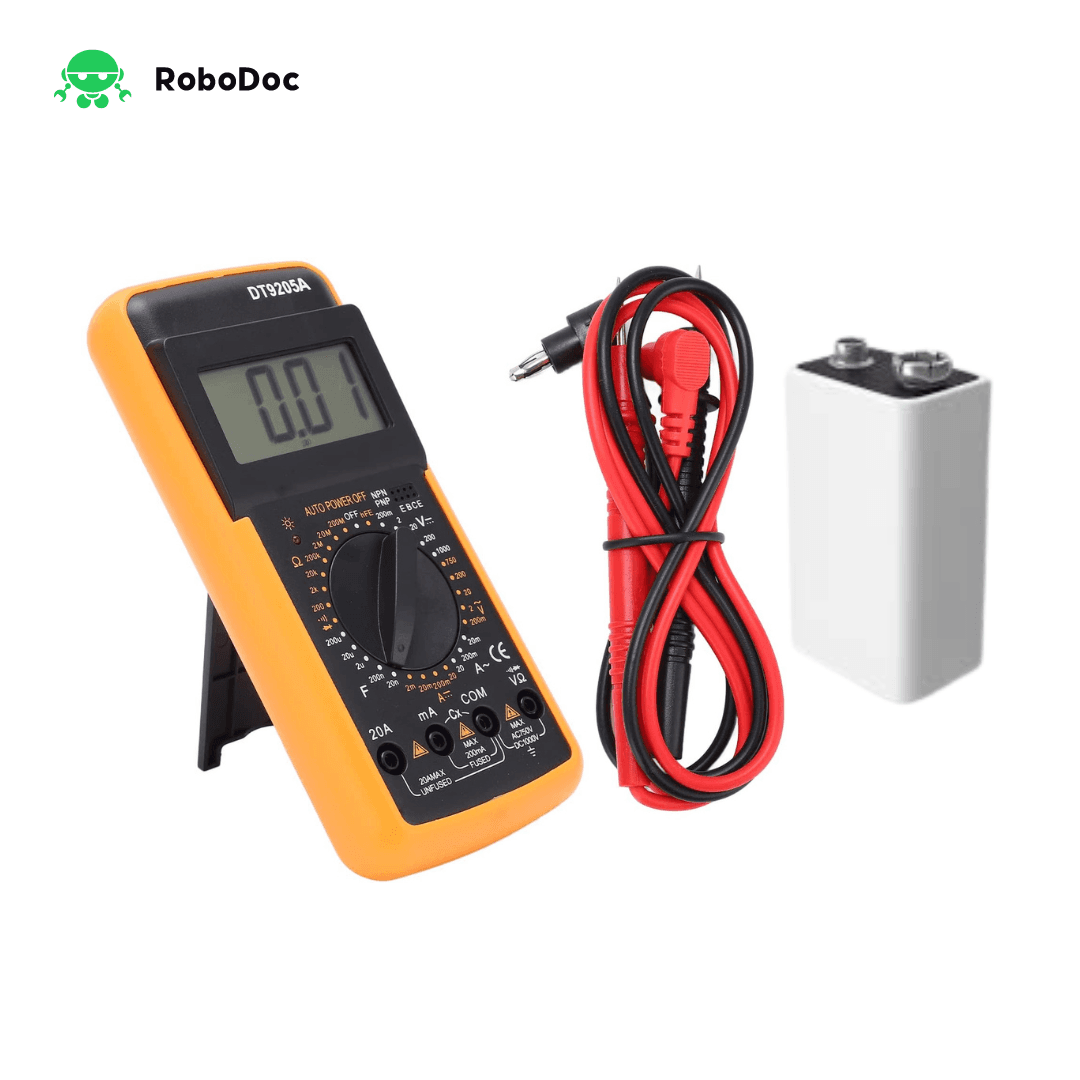Need to measure water quality and other parameters but haven't got any low-cost pH meter? Find it difficult to use with Arduino? DFRobot analog pH meter, specially designed for Arduino controllers and has convenient and practical "Gravity" connector and a bunch of features. Instant connection to your probe your Arduino to get pH measurements at ± 0.1pH (25°C). For most hobbyist this great accuracy range and its low cost make this a great tool for biorobotics and other projects! It has an LED which works as the Power Indicator, a BNC connector, and PH2.0 sensor interface. To use it, just connect the pH sensor with BND connector, and plug the PH2.0 interface into the analog input port of any Arduino controller. If pre-programmed, you will get the pH value easily. Comes in compact plastic box with foams for better mobile storage.
Build your own pH meter gadget or a water monitoring station for your water tanks. This and our other water sensor devices could make for the ultimate water control device. Use it for your aquaponics or fish tanks or other materials that need measurements.
What is pH?- “pH stands for power of hydrogen, which is a measurement of the hydrogen ion concentration in the body. The total pH scale ranges from 1 to 14, with 7 considered to be neutral. A pH less than 7 is said to be acidic and solutions with a pH greater than 7 are basic or alkaline.”
Applications:
- Water quality testing
- Aquaculture
Precautions:
- The electrode used for the first or long set without re-use, the electrode bulb and the sand core, immersed in the 3NKCL solution activated eight hours.
- The electrode plug should be kept clean and dry.
- Electrode reference solution is the 3NKCL solution.
- Measurement should be avoided staggered pollution between solutions, so as not to affect the accuracy of measurement.
- Electrode blub or sand core is defiled which will make PTS decline, slow response. So, it should be based on the characteristics of the pollutant, adapted to the cleaning solution, the electrode performance recovery.
- The electrode should not be long-term immersed in acid chloride solution.
- Electrode when in use, the ceramic sand core and liquid outlet rubber ring should be removed,in order to make salt bridge solution to maintain a certain velocity.
Note: After you received your package! You may find some white particles on the protection foam which is the KCl crystallization from the cap. Please don't worry about the crystallization in the packing box, that's normal. Actually, since the transportation restriction on liquid, we have poured out the KCL3N solution in the cap, the slight crystallization in the packing box should be leaked since the remnant. Anyway, once you received the probe, you should store it in KCL3N solution, you can not leave it in dry circumstance.
Buffer solutions are not included and this is a laboratory probe, it can't be immersed in the liquid for too long time.

